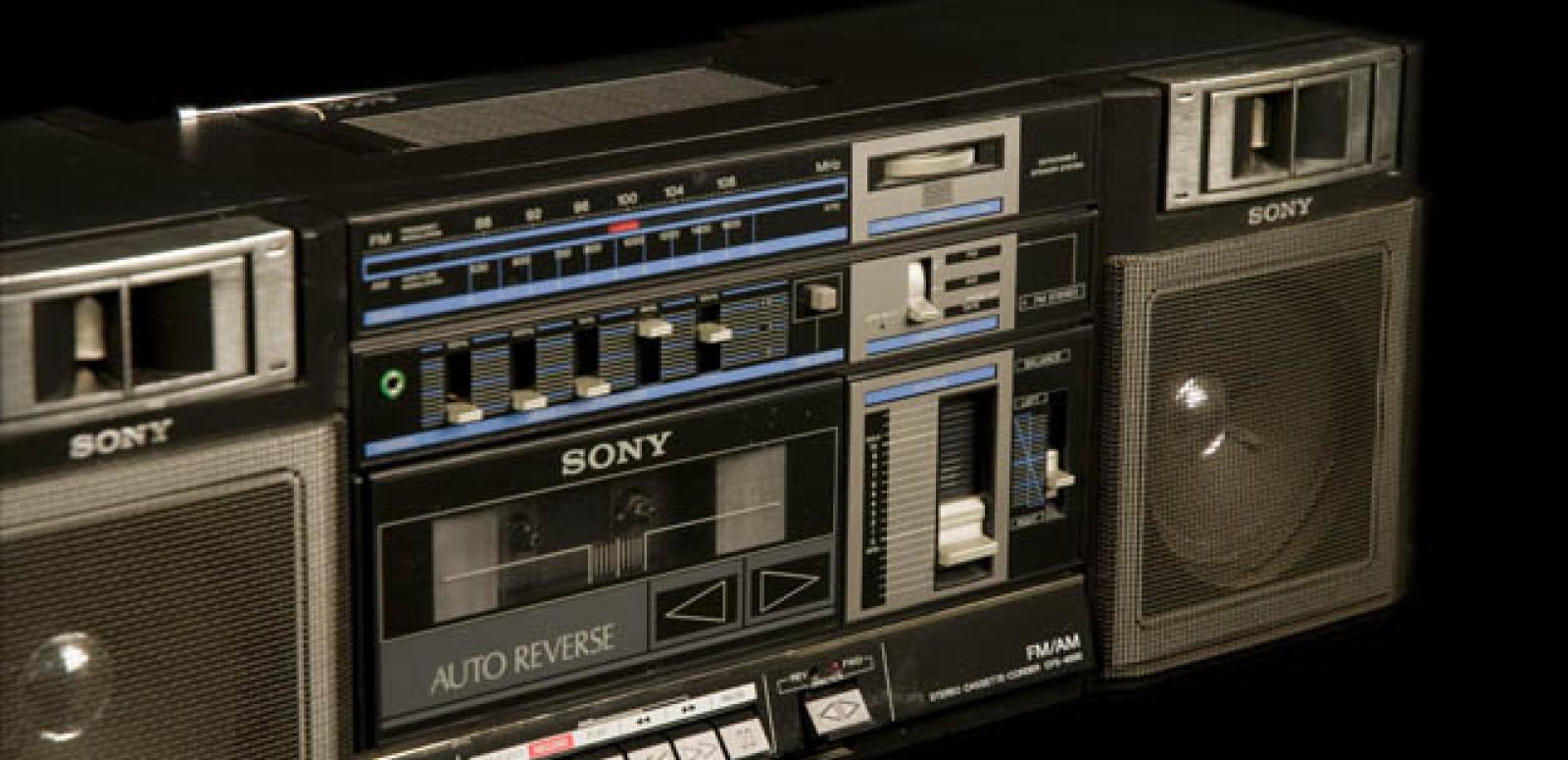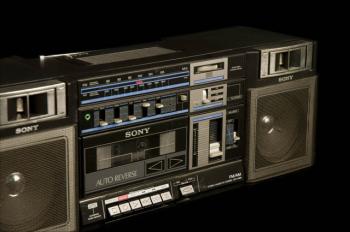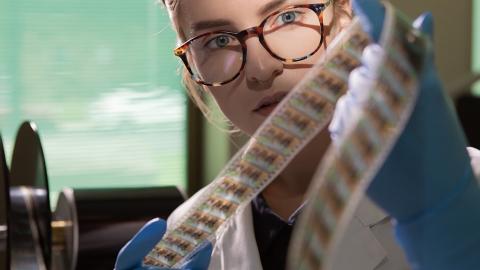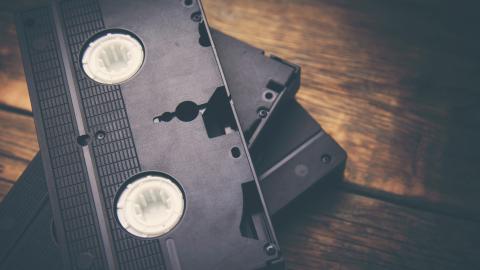

Caring for your collection

In this increasingly digital world, we salute everyone who takes pride in physical collections. For many people, photo albums are one of their most treasured possessions. Others have spent years (and thousands of dollars) building their music and film collections.
For any of these analogue lovers, losing their precious albums/collections is an almost unbearable thought. May these objects outlive their owners and give them decades of enjoyment… but this won’t just happen by magic; collectors need to proactively care for their audiovisual materials.
The NFSA experts employ world-class preservation practices to ensure the national audiovisual collection is kept in optimal conditions. While fully professional preservation is not an option for most collectors, they can certainly learn from the experts.
The Preservation section of our website contains information that will help analogue lovers extend the lifespan of their collections, including how to store, clean and repair them.
Here are some frequently asked questions:
Are my photos safe in their albums?
When choosing an album there are several things you need to be aware of. Avoid self-adhesive albums (also known as magnetic albums) and any products that contain PVC plastics. Use archival quality photo-corners to adhere photographs to pages in non-adhesive albums. Read more about caring for photographs.

How long will my audio tapes and discs last?
The oldest tapes stored in archives are still playable after 40-50 years, and discs have survived for a century or more. This potential lifespan can be considerably reduced if recordings are not manufactured, handled and/or stored correctly. Some tapes and discs have failed in less than ten years as a result of chemical instability, inadequate storage or improper handling. Read more about caring for audio.
How long will my films last?
The NFSA has nitrate films almost 100 years old which are in good condition, and safety films as young as 10 years which are showing signs of deterioration. The life of films, no matter what the format or type, primarily depends upon the temperature and the humidity at which the film is stored. Read more about caring for film.
How long will my videotapes last?
The life of a videotape is difficult to predict. Some tapes deteriorate after three or four years (under extreme humidity, deterioration can occur in even shorter periods). Conversely we hold tapes which are over 30 years old and still replay well. The life of a tape depends on good storage conditions, the quality of the tape, the frequency of use and the care in use. Read more about caring for video.
The NFSA also provides information about what to do in case of fire and water damage.
The National Film and Sound Archive of Australia acknowledges Australia’s Aboriginal and Torres Strait Islander peoples as the Traditional Custodians of the land on which we work and live and gives respect to their Elders both past and present.


